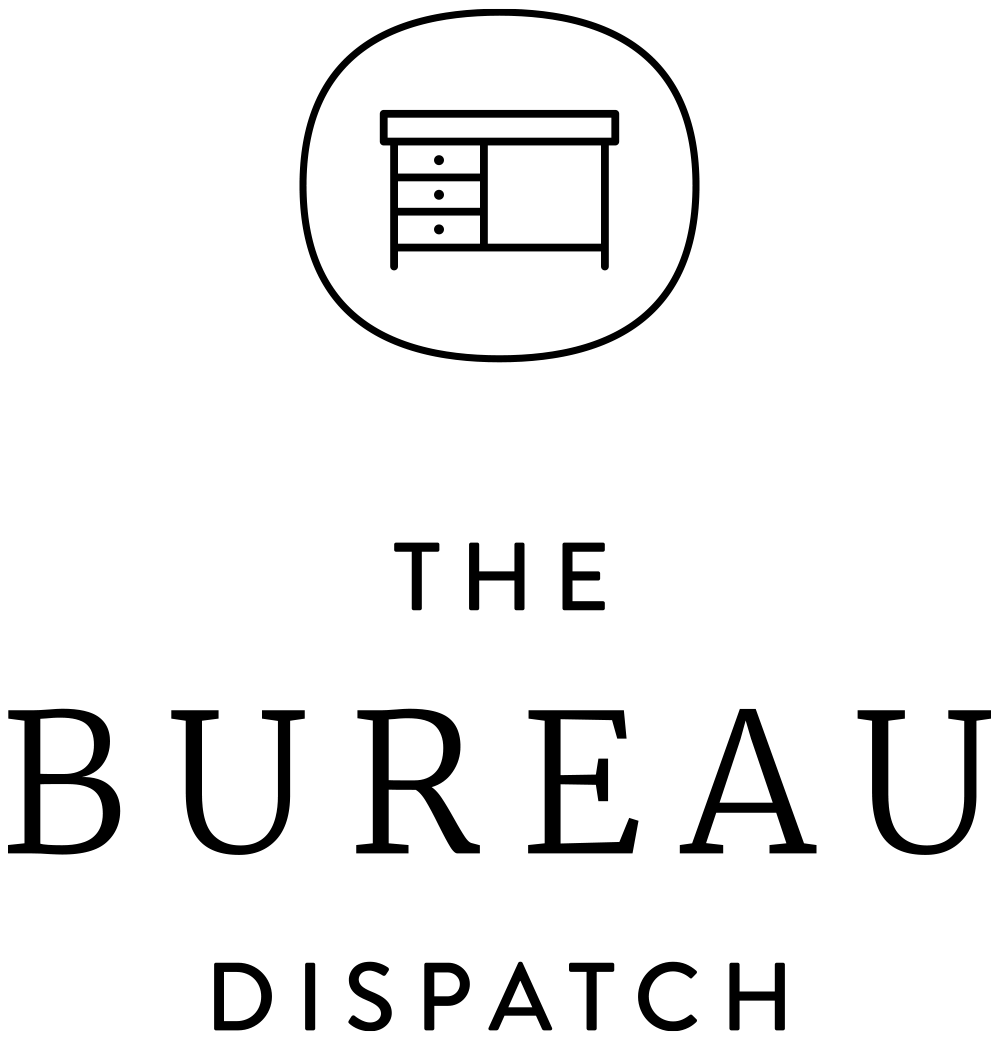Douglas W. Milliken
1. THE DISPATCHOf Age (Caprice)
Comes an hour when even the cat can’t be disturbed from its mammalian nest of sleep, the night-blue of moon and streetlights through the windows the only hue painting these rooms, these unadorned walls and filthy, mop-foreign floors. A baby needs a mobile to ogle at. A baby needs animals smiling all around, pictures and stuffed bears. One room away, Mama Deb’s facedown in her greasy pillows, the blubber of her mouth squished open to expel her gin-stink and cartoon-giant snores. This is the sound and scent of our night, the interior night trapping only some of us. A fake Christmas tree without lights. A stocking flopped atop the microwave with a bottle of rum stuffed inside. The untrapped, though—us amateur Houdinis—know how to spring the trap.
I pretend to sleep and count off the hours fully-clothed on an Army cot pushed in the nursery’s corner. I sit up and press my feet to the floor-grit in the relative silence of night. Standing over his crib, I breathe in the baby’s milky-sweet perfume so now his is the scent of our night. His yeasty bald head, his sleep-suit like a plush starfish. Who even is your daddy, Little Booger? I’m of age and can come and go as I please and mostly that means going since before I was sixteen when Nana died and I’d X out my nights most anywhere but here. What chance though does this little goo-drop have? You think these things get better with time? Through the wall, a sound like choking drags out of our mother’s face. Not like she’s choking. Like someone’s being choked inside her. Like she enjoys they’re being choked. I slide my hands beneath my brother and he’s warm and weightless and his marble eyes pop open. But he does not squeak a sound, does not chirp in alarm. And why should he? Since when have I given him anything to fear? I’m the one and only who has and will stare into the mystery of his eyes, his unnamed verdant worlds. And he is the only reason I’ve come back to this prison that’s never been a home.
With a slowness that feels like some basic and lame sleight of hand, I lift the baby out of his crib—which, honestly, is just a clothes basket on top of my old dresser, what was once our Nana’s dresser—and rest him flush to my chest. The snotty music of his breath. The sticky purchase of his hands on my neck, in my hair. He’s asleep again. Assuming he ever actually woke up. I’d like to change his diaper but there aren’t any fresh diapers for the changing. And why would there be? There’s no Nana anymore to play angel. I pull the zipper of my jacket closed over us both and carry him out of my old bedroom, now the baby’s old bedroom. Past Mama Deb’s juniper poison clouding out through her open bedroom door. Past the paleontological coils of cat shit land-marking the hallway floor. Past the bathroom that’s never not stank of vomit and the kitchen that’s never not stank of burger grease and rot. On the microwave, the cat’s asleep with its head cozied on the sock full of booze. Clearly some of us adapt better than others to a life defined by lack. I carry my brother out the door and down the tenement stairs.
Having no plan beyond exiting into the open with my brother zipped snug up in my jacket doesn’t mean I’m any worse than that gurgling, fertile beast upstairs. The difference is in the asking: what now? There are convenience stores with artificial warmth where the slushy machines turn in eternal churns of impossible reds and blues. There are diners that never close with stale donuts and the world’s worst coffee and laundromats whose mechanical chorus sings lullabies of cyclical perpetuity. There’s home. Any can be the answer to the question, if you ask it. I carry my brother out to the street and start walking toward anywhere in the night’s still blue. Through corridors of dirty snow muffled in muting, falling snow. Trash cans and sidewalk stains and parked cars where people might be shivering in their dreams, the improvised city sleeping off another day, resting up in advance of another capricious day. Just because I survived this place doesn’t mean he has to (or even can). I carry my brother into an unknown that cannot possibly be worse than the known. We’ll figure this out. In the sidewalks and snow and distance we create with our feet. We’ll get this all figured out.
2. BUREAU INVENTORYBurrata (calico)
Haloumi (black tabby)
Several knives
Reference material (Funk & Wagnall's Standard Dictionary of Folklore, Mythology, & Legend, W. S. Merwin's Migrations, Raymond Carver's All of Us, FR/BLCK/PR's I Don't Write Rhymes, I Write Code, etc.)
Various pens (red, green, black)
Several hand-bound notebooks that were gifts from an old friend and frequent collaborator
A glass icon of a shitty nonce god
A working manuscript that Haloumi and Burrata have edited/chewed to bits
Dead flowers
A photograph of my partner in a dark room, glowing in a beam of afternoon sunlight
3. BIOGRAPHYDouglas W. Milliken is a Maine-based composer, artist, and writer. The author of two novels—To Sleep as Animals and Our Shadows’ Voice—and the collection Blue of the World, he is also a founding member of the post-jazz chamber septet The Plaster Cramp, as well as the recipient of a Pushcart Prize and honors from the Maine Writers and Publishers Alliance, Glimmer Train, and RA & Pin Drop Studios, among others. www.douglaswmilliken.com
